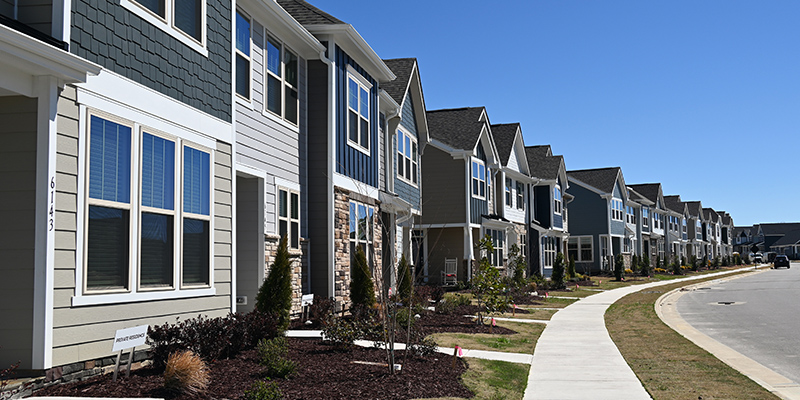House Bill 542: How Does It Affect HOAs In North Carolina?

The Senate Judiciary Committee recently passed House Bill 542, and now the bill is on its way to the Senate. Legislators are currently working on the proposals.
Browse By Category
Sign up for Our Newsletter
The Senate Judiciary Committee recently passed House Bill 542, and now the bill is on its way to the Senate. Legislators are currently working on the proposals.
What Is House Bill 542?
House Bill 542 is a proposed bill that, if passed, will bear an impact on community associations. In its current version, the bill would spell drastic changes to the North Carolina community association law.
Should the bill turn into law, it would affect all homeowners associations and condominiums regardless of when they were created. It would also apply to all communities, whether developer-controlled or owner-controlled.
Proposed Changes
Here is a summary of the changes under House Bill 542:
1. Judicial and Non-Judicial Foreclosures
Associations would no longer have the option to non-judicially foreclose for unpaid dues or assessments. Collections of unpaid dues and assessments may only go through a judicial foreclosure. Additionally, the judicial foreclosure can only proceed if the owner owes more than $2,500 or 12 months of assessments, whichever is less; the assessment remains unpaid for at least 90 days; and the HOA board votes to begin judicial foreclosure proceedings against the specific property. The bill also lays down additional notice requirements.
2. Fines for Violations
Debts that consist solely of fines for violations would mandate the association to “file a claim of lien within 30 days after the date the fine was imposed.”
Associations would need to remit any fines for violations to the Civil Penalty and Forfeiture Fund. These fines will no longer go to the association.
Attorney’s fees related to fines for violations collected from homeowners would have a cap of 15% of the amount recovered. Associations will need to shoulder any remaining attorney’s fees.
Associations may not use fines, in whole or in part, to compensate community managers.
3. Community Manager Contracts
Contracts between community managers and associations would have a duration limit of one (1) year. These contracts also may not include an automatic renewal clause.
4. Restrictions Concerning Public Streets
Any restrictions relating to public streets would no longer be enforceable by associations. That means associations cannot prohibit owners from parking on public streets even if the governing documents permit such a restriction.
5. Fines for Lessons
Associations may not impose a fine for “tutoring, educational lessons, academic lessons, music lessons, or swimming lessons” that take place on a homeowner’s property or unit “to a group of no more than five people at any one time, regardless of whether compensation is received for such lessons.”
6. Cost of Records Requests
Associations may only charge homeowners for the costs of copies of any association records they request. Associations can no longer charge the owner for administrative expenses related to the request, regardless of how extensive the request is.
While there is no definite date for the decision, this is a good time for all community associations to prepare for these changes ahead of time. These can be quite significant changes, so it’s best to plan right on enforcing the changes.
Trending Now
Related Article
Sign up for Our Monthly Newsletter
Sign up below for monthly updates on all HOA Resource
















